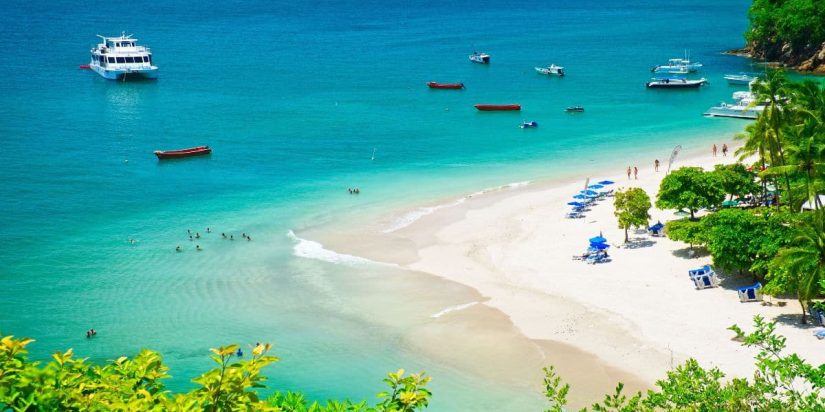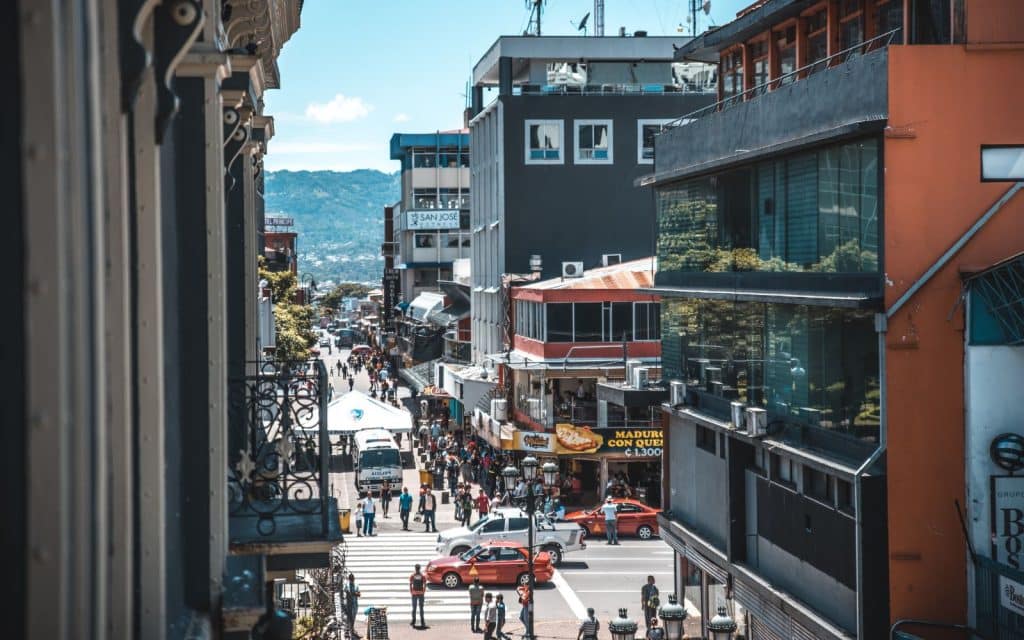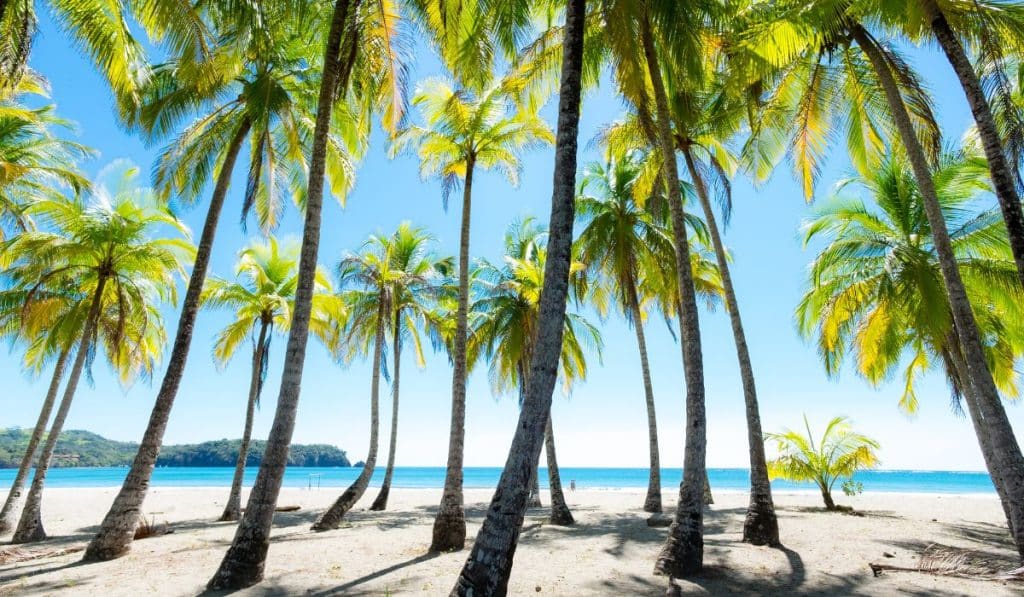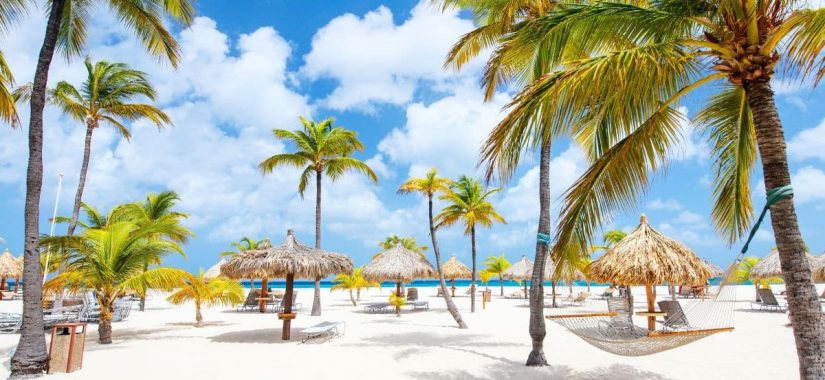Is Costa Rica Safe To Visit? Travel Advisory 2024
Travelers can feel reasonably safe in Costa Rica. The Global Peace Index lists it as the safest destination in Latin America.
Even though Costa Rica is among the safest places in Central America to visit, you should still need to exercise caution. The primary issue that faces travelers is petty theft, so you should always be aware of your surroundings and possessions.
Table of contents
LATEST NEWS from COSTA RICA:
February 20 – Costa Rica has identified 36 places in Costa Rica where tourists are more likely to be at risk
The risky areas include the coastal towns and beaches of Jacó, Tamarindo, Quepos, Dominicalito, and Manuel Antonio.
Based on an analysis, Costa Rican security agencies said that tourist destinations like Garabito, Cahuita, Montezuma, Mal País, Santa Teresa, La Fortuna, Samara, and the Osa Peninsula require closer monitoring to prevent crimes.
Enhanced measures are being taken to reduce the high rates of crime that affect the nation’s most visited tourist locations. In recent years, the Costa Rican government has been repeatedly urged by the National Chamber of Tourism (CANATUR) to prioritize visitor security.
February 19 – Experts issued a warning about rising temperatures and increased UV radiation in Costa Rica
Experts from the National Meteorological Institute (IMN) of Costa Rica have raised alarms over the expected rise in temperatures and an increase in ultraviolet (UV) radiation levels in the coming months. Daniel Poleo, a climatologist at IMN, attributes this forecast to the Zenithal Sun phenomenon, which will cause the sun’s rays to fall more directly on Costa Rica during March and April, leading to higher temperatures and a more intense sensation of heat. This period will notably experience a peak in UV radiation, especially between March 15 and April 15, with the most significant risk of exposure occurring from 10 a.m. to 2 p.m.
Areas to Avoid
Quepos, the gateway town immediately outside Manuel Antonio National Park is becoming dangerous. Exercise caution there. The same is true for Tamarindo and Jaco because of criminal activities (mostly robberies) aimed at tourists.
The Desamparados neighborhood in San Rafael, Santa Rosa de Pocosol, San Carlos, a rural area bordering Nicaragua, Matina, a small rural community along the Matina River in Limón province, Limón, Liberia, Pococí, Talamanca, and the district of Barranca, on the Pacific coast in the province of Puntarenas, are additional high-risk regions with violent crime rates considerably greater than the national average.
U.S. Travel Advisory
The U.S. State Department urges American nationals to exercise increased caution in Costa Rica due to crime.
While violent crime, such as armed robberies, homicides, and sexual assaults, is rare in Costa Rica, minor crime is the main threat to tourists visiting the country. In tourist-heavy areas, the Costa Rican government has strengthened security resources.
Canada Travel Advisory
Pickpocketing and purse snatching are examples of common petty crimes. Because they are thought to be wealthy, tourists are frequently the targets of burglary.
Property-related crimes are also common, including car theft, housebreaking, and vehicle theft. Additionally, passport theft is a very common problem that gets worse from November to May and from July to August, when traveler flow is at its highest.
Common Scams
The Unauthorized Taxi Scheme: Upon disembarking from a bus at a station, you may encounter numerous individuals posing as taxi drivers, offering their services. These taxis are often illegal and may charge fares four to five times higher than the standard rate. It’s important to note that legal taxis in Costa Rica are identifiable by their orange or red color (orange for airport taxis and red for official ones).
The Bogus Tour Guide Scam: At popular tourist spots, you may encounter individuals offering their services as tour guides. They may even show up wearing attire from recognized tour companies. However, after receiving payment, they vanish without providing the promised service. To avoid falling victim to this scam, book tour guides through official and reputable companies.
The Drink Spillage Ruse: Perpetrators of this scam will purposely spill a drink on you, then offer assistance in cleaning the stain. While you are distracted, their accomplice adeptly pickpockets you. Politely decline any offers of help to thwart this scam.
The ATM Fraud: Avoid using ATMs situated in secluded locations and instead opt for those in well-populated areas. If you notice anything suspicious about an ATM, seek out an alternative machine.
Online Travel Fraud: Be cautious of online travel companies operating without legal authorization. Prior to booking, verify the company’s ratings with organizations such as the Better Business Bureau (BBB), Canatur, and ICT.
Taxi Meter Deception: Legitimate taxis in Costa Rica are equipped with meters. However, some drivers may fail to activate or reset the meter from the previous trip. Consider using Uber as a safer and more economical alternative to taxis.
Currency Exchange Swindles: Due to fluctuations in the local currency’s value, tourists may be exploited by businesses using outdated conversion rates to maximize profits. To prevent this, ensure that the conversion rate used aligns with those published on banking websites or in reputable newspapers.
Safety Tips for Costa Rica
Follow these tips to minimize trouble anywhere you go.
- Remain vigilant in crowded settings, particularly when utilizing public transportation across Costa Rica.
- Exercise caution in tourist-heavy areas such as beaches, national parks, and downtown San Jose, as these are prime targets for thieves.
- Refrain from excessive alcohol consumption and drug use.
- Due to an increase in theft from parked vehicles, opt for well-monitored parking areas, keep doors locked, windows rolled up, and avoid leaving valuables visible.
- Avoid drawing attention to yourself with flashy belongings or attire.
- Limit the amount of cash carried while outside.
- Ensure valuables are securely stored, even within your hotel room.
- When traveling by bus, refrain from stowing luggage in overhead bins to mitigate theft risks.
- In the event of a robbery, prioritize personal safety by surrendering cash and valuables.





